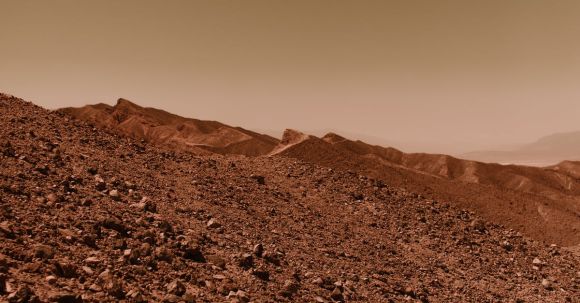Exploring the vast expanse of space has always been a dream of humanity. And when it comes to extraterrestrial destinations, Mars has captured our imagination like no other. Over the years, there have been numerous missions to Mars, with the ultimate goal of sending humans to the Red Planet. But how close are we to achieving this monumental feat? Let’s take a closer look.
The Robotic Pioneers
Before humans can set foot on Mars, we have been sending robotic explorers to pave the way. These unmanned missions have been instrumental in gathering valuable data about the Martian environment and its potential for supporting life. The rovers, such as the highly successful Curiosity and Perseverance, have provided us with detailed images and scientific measurements of the Martian surface, atmosphere, and even the presence of water. These missions have been crucial in determining the challenges that human explorers would face on Mars.
The Artemis Program
NASA’s Artemis program aims to land the first woman and the next man on the Moon by 2024. While this may not be directly related to Mars, it is an essential stepping stone. The Moon serves as a testing ground for new technologies and systems that will be vital for a future Mars mission. By establishing a sustainable presence on the Moon, we can refine our capabilities in life support, resource utilization, and long-duration space travel, bringing us one step closer to Mars.
The Mars Sample Return Mission
One of the most ambitious missions planned for Mars is the Mars Sample Return (MSR) mission. This mission aims to collect samples from the Martian surface and bring them back to Earth for detailed analysis. By studying these samples, scientists hope to gain a deeper understanding of Mars’ geology, climate history, and the possibility of past or present life. The MSR mission, a collaboration between NASA and the European Space Agency (ESA), is set to launch in the late 2020s. Its success would be a significant milestone in our journey to Mars.
The Challenges of Human Exploration
While progress is being made, there are still several challenges that need to be overcome before humans can set foot on Mars. The first and foremost challenge is the long-duration space travel itself. The journey to Mars takes around seven months, and astronauts will have to endure the physical and psychological strains of being in space for such an extended period. Additionally, the harsh radiation environment and the effects of microgravity pose serious health risks that need to be mitigated.
Another significant challenge is the need for a sustainable life support system. Unlike the International Space Station, which relies on regular resupply missions from Earth, a Mars mission would require astronauts to be self-sufficient for an extended period. This means finding ways to produce food, water, and oxygen on Mars, as well as recycling waste and managing limited resources.
The Role of Private Space Companies
In recent years, private space companies like SpaceX have played a crucial role in advancing space exploration. SpaceX’s CEO, Elon Musk, has been vocal about his vision of colonizing Mars. The company’s Starship spacecraft, currently in development, aims to transport humans and cargo to Mars and other destinations in the solar system. With its ambitious plans and rapid technological advancements, SpaceX has certainly brought us closer to the reality of a human mission to Mars.
Conclusion: A Giant Leap for Humanity
As we look to the future, it is clear that we are closer than ever to landing on Mars. The progress made in robotic exploration, the development of technologies through programs like Artemis, and the ambitious plans of private space companies all point towards a future where humans will set foot on the Red Planet. However, the challenges that lie ahead are not to be underestimated. Overcoming these hurdles will require international collaboration, groundbreaking technologies, and unwavering determination. But if history has taught us anything, it is that humanity is capable of achieving the seemingly impossible. And when that day comes, landing on Mars will undoubtedly be a giant leap for humanity, opening up a new chapter in our exploration of the cosmos.





